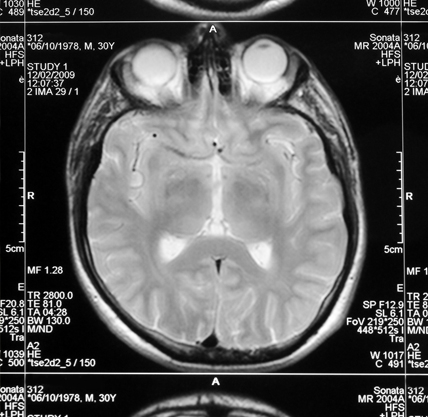
A brief summary of current research.
The neural correlates of cognitive fatigue in traumatic brain injury using functional MRI
Kohl, AD, Wylie, GR, Genova, HM, Hillary, FG, DeLuca, J Brain Injury, Volume 23, Issue 5 May 2009, pp 420 – 432.
This study used functional magnetic resonance imaging (fMRI) to objectively assess cognitive fatigue in people with TBI. When performing a cognitive task, the participants with TBI showed increased brain activity over time, compared to the non-injured participants. This increased activity in various parts of the brain, which indicates increased cerebral "effort," might manifest as an individual’s feeling of cognitive fatigue.

Comments (2)
Please remember, we are not able to give medical or legal advice. If you have medical concerns, please consult your doctor. All posted comments are the views and opinions of the poster only.
Anonymous replied on Permalink
Anonymous replied on Permalink
I'm 5 years out from my TBI. 'Neuro-fatigue' rules my life. I'm unable to teach and had to end my 15 year career. I've had doctors, neurologists, have no knowledge of what this is. Talk about feeling hopeless. My neuropsychologist gets this and helps me with strategies.